In 2018 and 2019, a shocking spate of death occurred in the Melbourne suburb of Epping. Seven women – all mothers, all from India – suicided, and did so in ways that even shocked police. Several of the women had experienced family violence.
For years, Melbourne psychiatrist Manjula Datta O’Connor, who grew up in Delhi before moving to Australia with her husband, had been sounding the alarm about family violence and coercive control in Indian families. She has, over the years, treated hundreds of people from South Asian backgrounds – both victims and perpetrators.
For O’Connor, there is one element above all others that unites the stories of Indian victim survivors: dowry.
Despite being criminalised in India back in 1961, dowry is still common practice. It puts a price on a girl’s head at birth: if she is to marry, her family will almost certainly have to pay her groom’s family a large sum of money, as well as pay for the often-extravagant wedding.
As O’Connor writes in her new book, Daughters Of Durga, the original point of dowry was to support the bride in her new life. It was the pre-mortem inheritance in lieu of the family inheritance that always went to sons.
Dowry puts a price on a girl’s head at birth
“But the exploitation of the bride and her family was and is rife, and dowry is too often a cause of harassment, mental illness, and violence,” she writes.
When dowry is being abused, demands from the groom and his family may continue after the wedding. For so many women, this financial exploitation lies at the heart of the family violence they endure – from their husband, and often his mother-in-law and extended family.
Despite facing social isolation and pushback from many in her community, O’Connor is undeterred – for more than a decade, she has campaigned against dowry abuse and family violence. To date, only Victoria has recognised dowry abuse in law, thanks in large part to O’Connor’s tireless campaigning.
Here’s an edited transcript of O’Connor’s recent conversation with PRIMER’s gendered violence reporter, Jess Hill.
You start the book referring to a cluster of suicides in Melbourne. What do they say about what Indian victims of family violence are enduring in Australia?
There were seven of them, over a period of 14 months or 15 months. And from information that I’ve gathered from various sources, we know that the majority of them were going through family violence. The coroner’s inquest, however, did not highlight that. It was clear that she was much more concerned about not naming and shaming the community; she did not want to stigmatise the community by showing a high level of domestic violence. I just find that an unhelpful kind of thinking. If we are going to solve this problem, we need to know what’s going on in granular detail.
Do you find that white Australians – be they coroners or journalists or people in the domestic violence sector – are nervous talking about family violence within the Indian community? Does that leave you as an outlier, as one of the few willing to talk publicly about it?
Absolutely right, just spot on. Yes, because, you know, they fear that it will create a stigma, that the Indian community will get angry, and there will be a backlash. So as a result, they talk about it in hushed tones, and in a way that misrepresents the situation. So, the problem goes on.
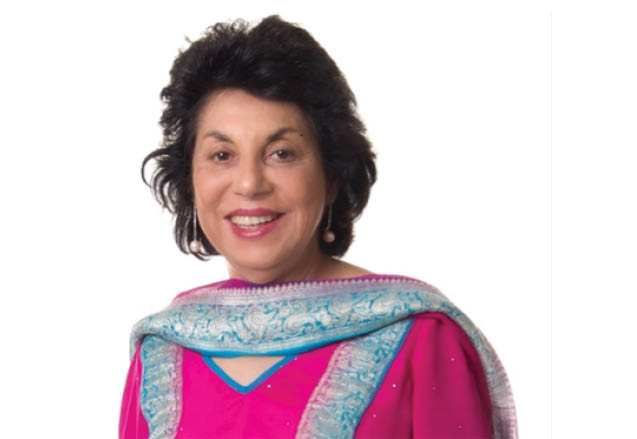

What do you see in the women who come to your practice?
They are usually well-educated and they come here with a view that Australia is a Western country that has privileges for women. [They believe] they will be able to live a great life of independence: freedom, work, money and control over their life. For many when they get here, their dreams do come true. But there is a significant minority for whom control and coercion begins, and the woman has to live within the rules laid out by the husband and the mother-in-law. Often, the starting point seems to be money-related, especially dowry-related.
What does that look like?
There was a young woman I saw recently, who came here on a tourist visa with her husband after they were married in Delhi. Her parents were told they had to finance a big fat Indian wedding, over four days, in a five-star hotel with 350 people. It cost nearly a quarter of a million dollars, because it also included jewellery for their daughter, the bride, as well as gifts of gold jewellery for the groom’s family, and many other gifts. So her father’s savings were depleted after the wedding.
When she and her husband came to Australia, the husband told her that in order to get a partner visa, she would have to get another $10,000 from her family. She said, ‘I can’t ask my parents for any more money – they’ve already spent more than they wanted to.’ Well, that was a trigger: your family is not good enough, I should never have married you. The young woman told him that her cousin was a migration agent and would help secure a visa. But her husband and his mother insisted that she should get the money from her family in India. They had a sense of entitlement over the bride’s parents and their money.
In our culture, the groom has a very high status. So they can do this crime in daylight – in front of everyone’s open eyes. And no one says, ‘You are a criminal.’
We’ve talked quite a bit in the past about the role of mother-in-laws in perpetuating – or even participating in – domestic abuse.
It comes down to the fact that the mother-in-law herself has been suppressed and oppressed all her life by her husband, and by her own parents. When she gave birth to a son, she was eulogised. A mother who gives birth to a daughter; she is chastised. The government has banned ultrasounds before 16 weeks because the rate of female foeticide is so high. So pregnant women live in fear. What if this baby’s a girl?
They had a sense of entitlement over the bride’s parents and their money
I can see why you have made dowry abuse such a huge part of your work. It seems like so much of that contempt and rejection of women is rooted in the fact that they will cost their families a lot of money.
Yes, and once a woman gets married, she no longer belongs to her biological family. She belongs to her husband’s family and becomes entirely devoted to them. In that situation, especially for wealthy families, why would you want to give your enormous wealth to this daughter, if it only ends up going to her husband and his family?
So, given this abuse is perpetrated not just by husbands but often by the extended family, what can be done to confront this?
I have a number of steps in my mind. The first step is to stop seeing girls as someone else’s wealth. There is no need for them to be cut off from their biological family when they get married, and for whatever wealth they have to automatically belong to the groom. Just keep the finances separate, especially in families where there is wealth.
What you’re describing is essentially financial independence for women. That’s one of the key protections for women from all backgrounds, because a lack of financial independence makes women especially vulnerable to being trapped by an abusive partner. There is resistance to financial independence for women in the West – joint bank accounts, for example, are seen as a sign of love and commitment, while having separate accounts can come across as cold. But obviously the resistance to this in Indian families goes even deeper.
Yes, so we have to take a brave step forward.
There’s been a real revived #MeToo movement in India, driven by some very high-profile rape and murder cases. Is that helping to drive any cultural change on the level you are talking about?
Yes, and India has changed dramatically in the past 10 to 15 years. It has modernised enormously, and the rapid industrialisation and exposure to Western ideas is taking hold. And to some extent I see that in my own family: my sister’s daughter is a lawyer, she has her own law firm, and has recently started living with her boyfriend in Delhi. They have separate bank accounts, and just share expenses. So, it is happening.
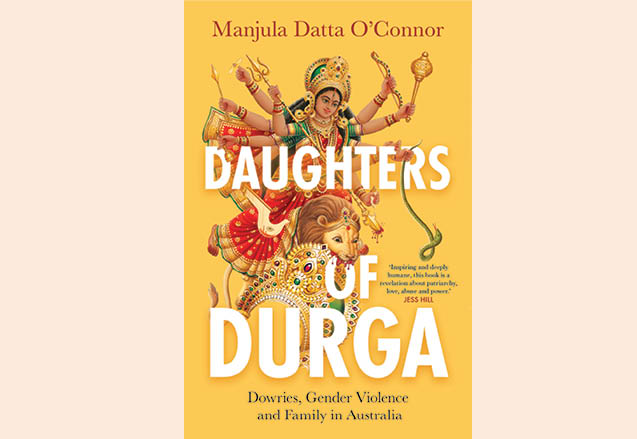

You played a central role in getting dowry abuse criminalised in Victoria. Have you noticed any change for Indian women since this law was introduced?
Definitely. What I have seen is that people are not so brazen in making obvious demands for a big amount of cash from the bride’s family. But they will still find other ways to justify making financial demands.
Do you feel like the law was worth it?
It was definitely worth it, especially to create awareness. Now, the domestic violence service providers all recognise that dowry is the biggest contributing factor to domestic violence amongst Indian women. Before I spoke about it, they could not make sense of it.
The biggest thing that has changed is that now, when women say ‘dowry abuse’, they will be heard and understood.
Is that partly why you’ve also been enthusiastic about criminalising coercive control?
Yes, absolutely. The law is essential, right, because it is necessary for people to know that the government has very strict ideas about what is acceptable and what is not acceptable, and that it is in legislation.
Do you feel hopeful about the future for Indian women and girls?
I feel hopeful. I love India, otherwise I would not be doing this. India’s full of colour, complexity and texture. That’s also what can drive you crazy – the sheer anarchy of it all! There are a million gods and goddesses, and you can choose who to pray to. It’s astonishing, but that is what has made it survive 7000 years. We have an ancient heritage of strong, independent women, and everybody tells me that the transition back to that heritage is happening.
Daughters of Durga by Manjula Datta O’Connor is published on Wednesday, June 15, by Melbourne University Press




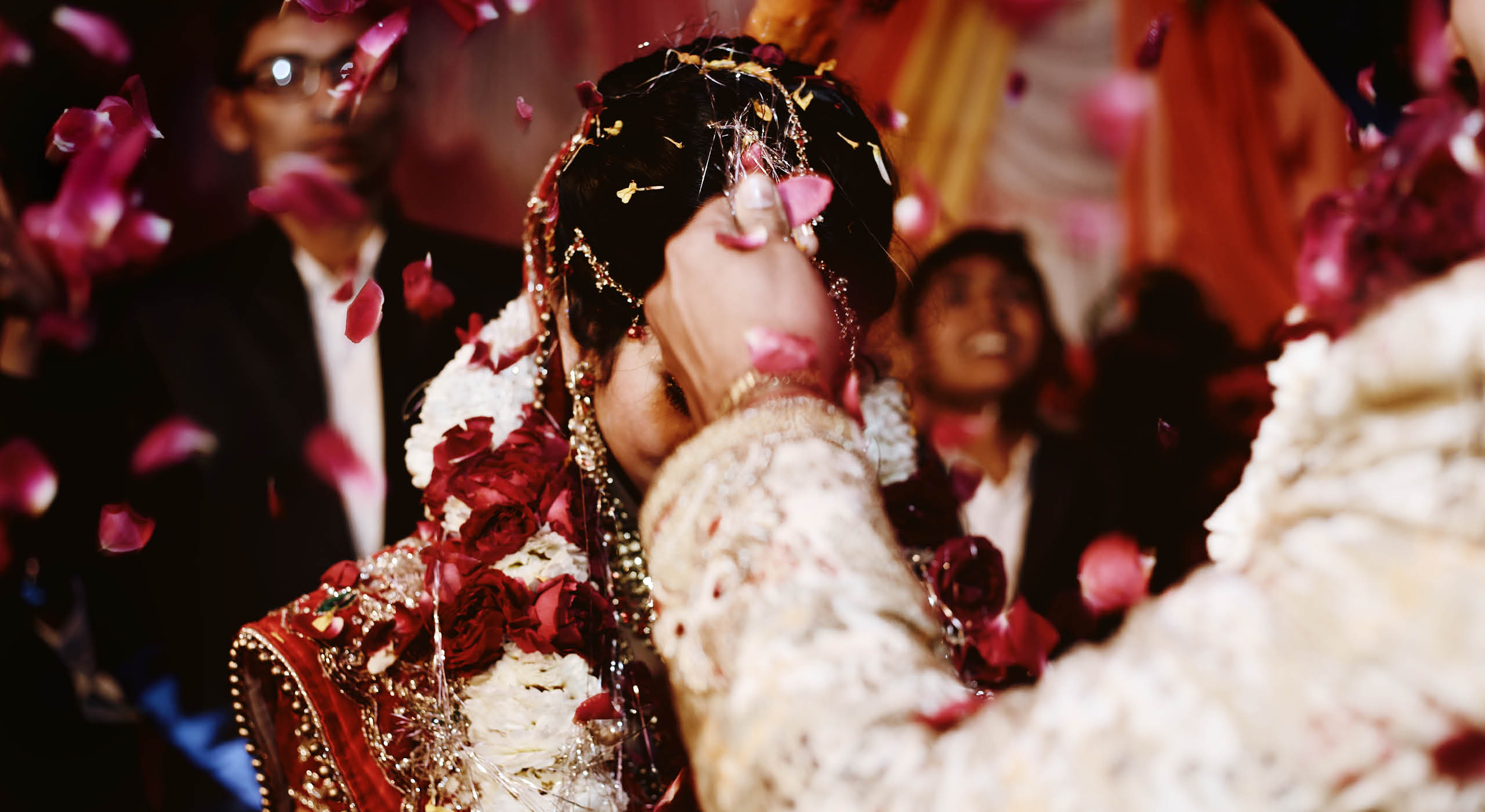
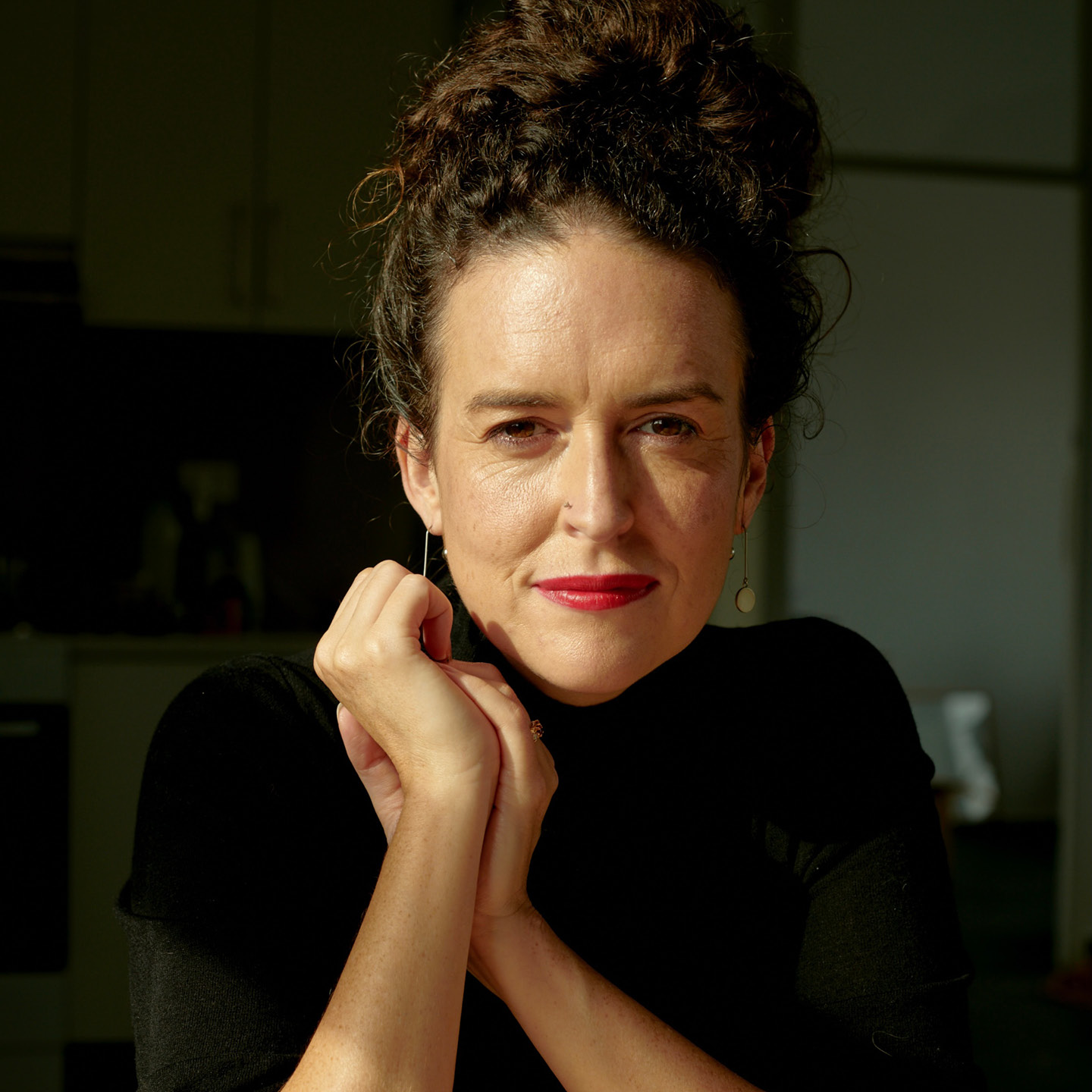

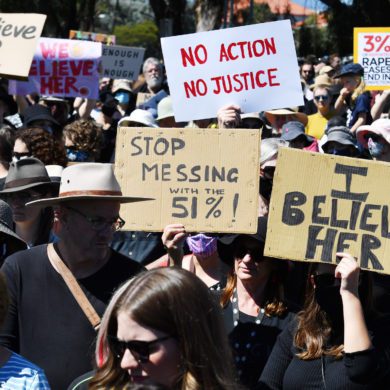




No Comments